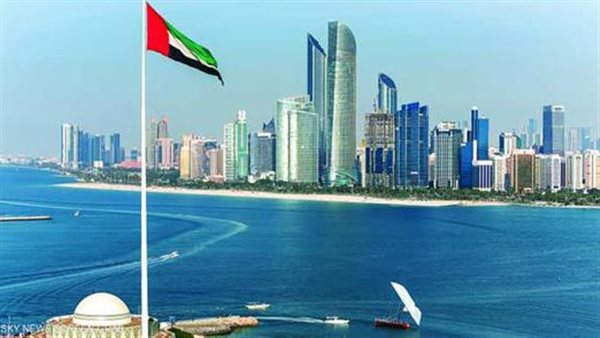The UAE is preparing for its participation in the “COP27” conference, which begins tomorrow, Sunday, November 6 in Sharm El Sheikh, by emphasising the most significant accomplishment it has made in climate work and its busy record in the energy sector transition, stepping up diplomatic and multilateral efforts, and improving the containment of everyone in climate work. The UAE is also preparing to host “COP28” in the UAE next year, where it works.
The UAE has a history of success in many areas, particularly climate work, where it sees a chance to contribute to real-world solutions to an issue that affects us all, along with the diversification of our economy and the creation of knowledge, skills, and jobs for youth.
Since it was the first nation in the region to sign and ratify the Paris 2015 Agreement and the first to announce a strategic initiative to achieve climate neutrality by 2050, the UAE is one of the largest donors of humanitarian aid in the world, providing direct assistance in conflict situations and disasters whose effects are severely exacerbated by climate change.
The UAE has also announced a plan to increase the number of crop trees targeted to 100 million trees by 2030, with the aim of strengthening ground -based solutions to reduce the repercussions of climate change, to protect biological diversity and contribute to the natural carbon depths.
The International Renewable Energy Agency (“IRENA”) will be located in the United Arab Emirates, and the world’s top energy corporation has just debuted.
Last September, the updated version of the second edition of its nationally defined contributions, with the aim of reducing carbon emissions by 31% by 2030.
The UAE is one of the biggest investors in international renewable energy projects because of its commitment to providing $100 billion by 2030 for projects in more than 70 countries. The UAE also supports societies worldwide and provides them with sustainable solutions through programmes like the Zayed Sustainability Award.
The UAE encourages the development of young people’s abilities through organisations like Mohammed bin Zayed University of AI.
In addition to diversifying its energy-free energy sources, including peaceful nuclear energy and hydrogen, the UAE is home to three of the largest solar power plants in the world and was the first nation in the region to apply carbon capture technology by using and storing it on a large industrial scale. The state has also set new records for the lowest energy cost solar and wind energy both locally and internationally.
Examine the UAE’s attempts to combat climate change in Sharm El-Sheikh.

